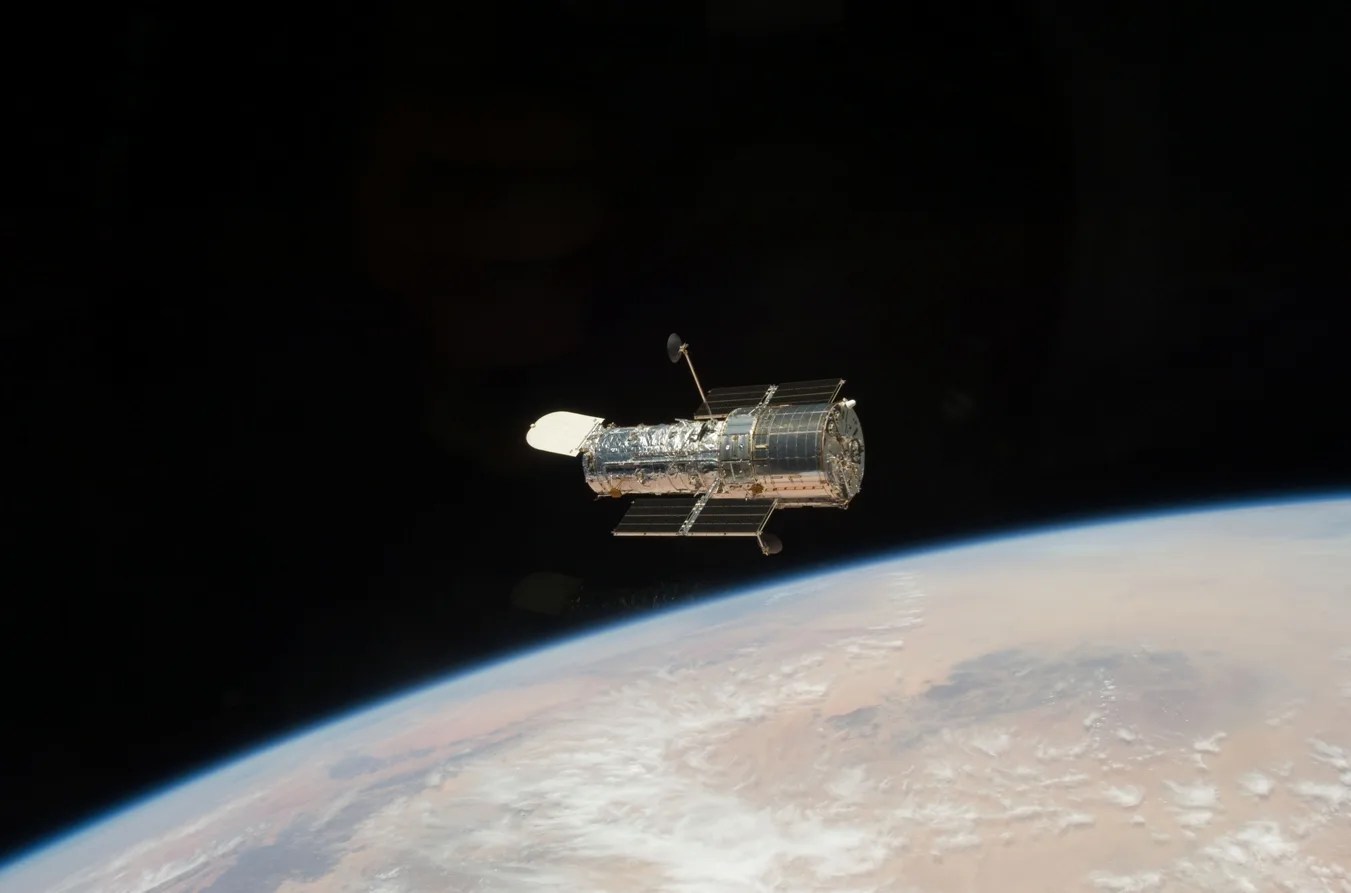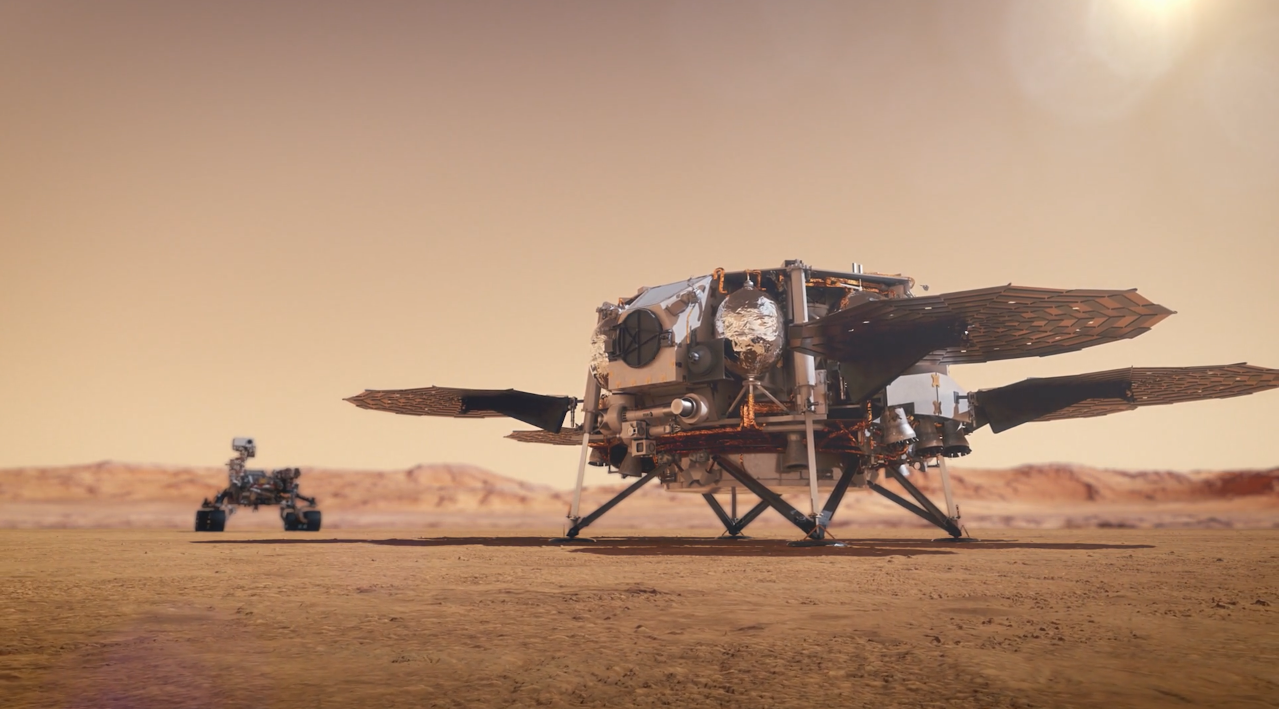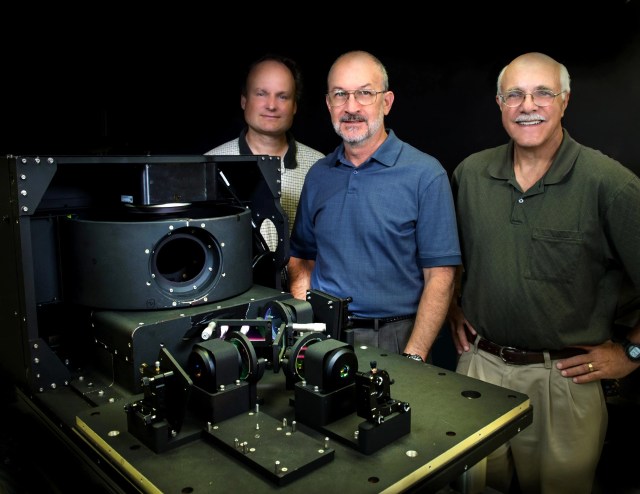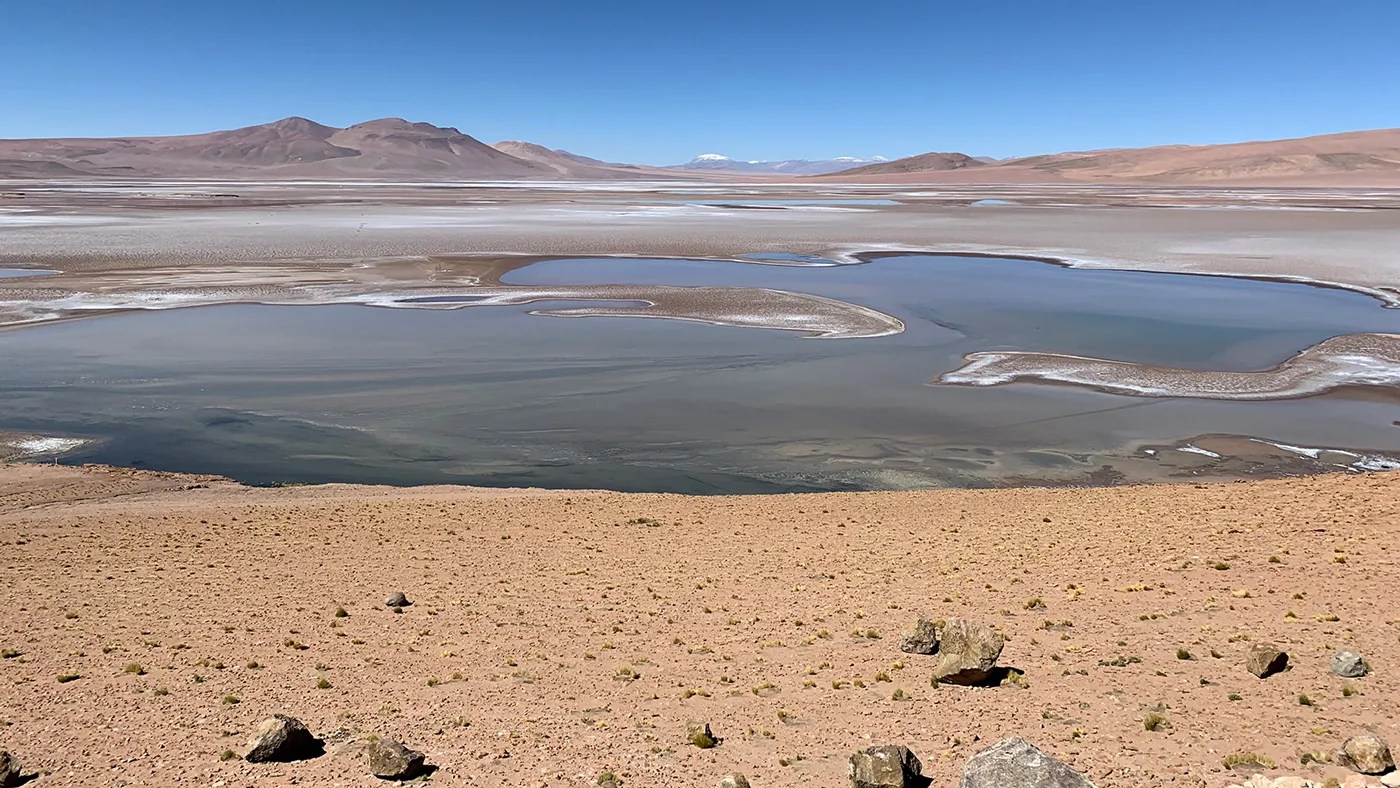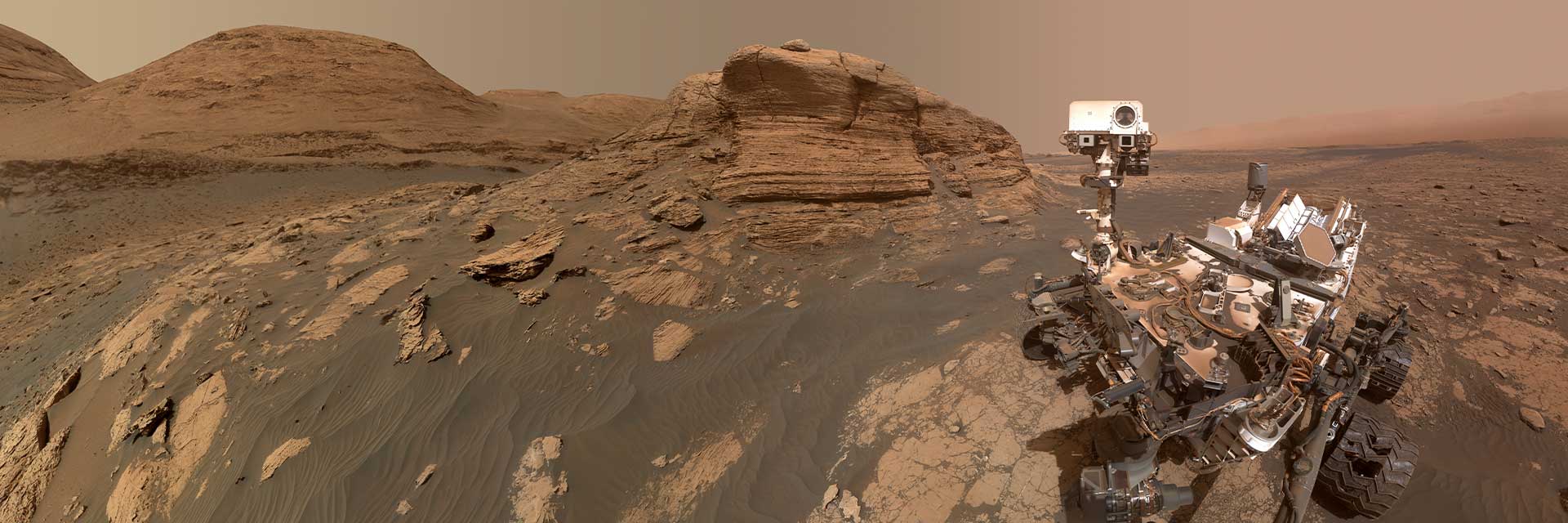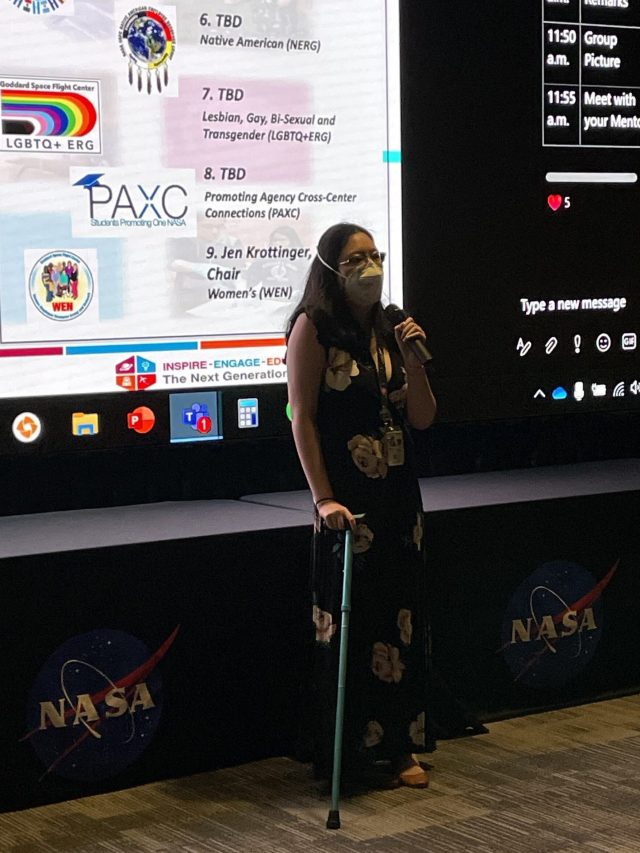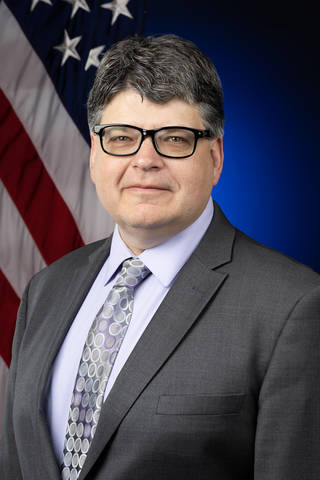
Dr. Joseph Olejniczak
NASA Technical Fellow for Aerosciences
He began his career at NASA Ames Research Center in 1998 in the Entry Systems & Technology Division where he worked on several NASA projects and spaceflight missions such as Stardust, Genesis, and Mars Science Laboratory doing both computational and experimental aerothermodynamics. His areas of expertise include aerothermal heating prediction, radiation physics, computational fluid dynamics, and high enthalpy shock tunnel testing. He also participated in the Space Shuttle Columbia accident investigation and led efforts to develop models for demonstrating traceability from ground testing to flight environments.
Dr. Olejniczak was the MPCV Orion Aerosciences Manager from 2012 to 2019 where he was responsible for all the aerodynamic and aerothermodynamic products and flight databases for the Orion Program. He led the analysis of the aeroscience flight data from the Orion Exploration Flight Test (EFT-1) and the Orion Ascent Abort Flight Test (AA-2), ensuring that the data was appropriately used to update the flight databases. He also led various systems engineering, hardware integration, and verification / certification activities, including the development of a flight spectrometer for the Artemis II mission to measure shock layer radiative entry heating.
Prior to working for the NASA Engineering Safety Center (NESC), Dr. Olejniczak was a senior engineer in the NASA Ames Chief Engineer’s Office. He provided technical assessment and direction for Entry, Descent, and Landing (EDL) activities, Thermal Protection System (TPS) development and testing, and projects such as Mars Sample Return, Dragonfly, the VIPER Lunar rover, and a number of small satellite missions.
Dr. Olejniczak received his Ph.D. from the University of Minnesota in Aerospace Engineering with a minor in Chemical Physics. He has authored or co-authored over forty journal articles and conference papers. In addition to his Ph.D., Dr. Olejniczak holds a Master of Science in Aerospace Engineering, a Bachelor of Aerospace Engineering and Mechanics, and a Bachelor of Mathematics all from the University of Minnesota.


